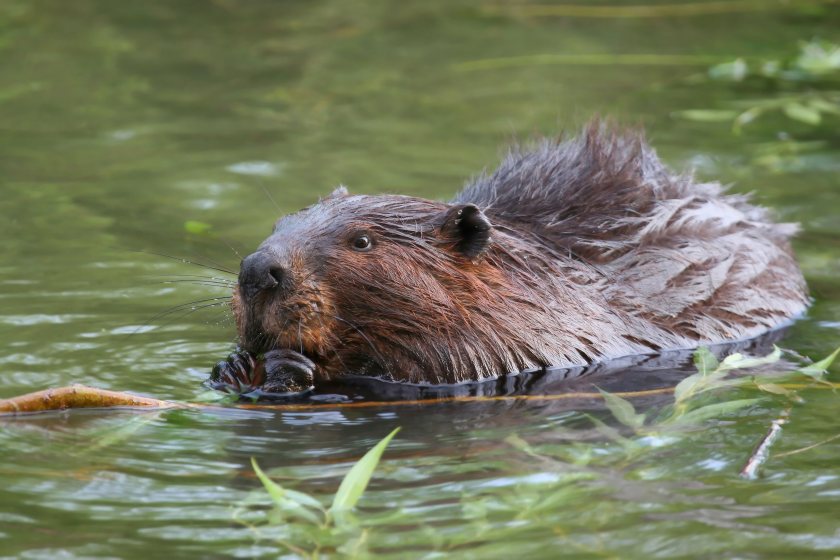
Farmers have raised alarm after the Welsh government confirmed that European beavers will gain full legal protection as a native species, despite concerns about farmland flooding and crop damage.
Beavers will now be given European Protected Species status, making it illegal to deliberately harm them or destroy their habitats.
The decision brings Wales into line with England and Scotland, where the animals are already recognised as a protected native species.
While environmental groups have welcomed the move, farmers and landowners fear unmanaged beaver populations could block drains, flood productive fields and add to the pressures already facing rural businesses.
Natural Resources Wales (NRW) will still require licences for any wild beaver releases and will hold powers to issue management licences where needed.
Scientific evidence shows beaver dams slow river flows, create natural flood defences and trap sediment, filtering out pollutants such as nitrogen and phosphorus from farm runoff.
Supporters say this helps improve river quality and reduce the impact of extreme weather events. But farm groups argue the same dams can also back up water onto fields, affecting crops and grazing ground.
Deputy First Minister and Minister for Rural Affairs, Huw Irranca-Davies, described the move as “a big step forward for nature in Wales.”
He said the country faces both climate and nature emergencies, and that government must “do everything in our power to help nature thrive.”
He stressed that the policy would follow a collaborative, evidence-led approach, and confirmed the creation of a Wales Beaver Forum to address concerns around “potential species impacts, land use and water systems.”
Mary Lewis, head of natural resource management policy at NRW, said beavers were once a central part of native wildlife in Wales, shaping river and wetland ecosystems in ways that benefited many other species.
She explained that their activities create “rich, diverse habitats” and deliver environmental gains such as better water quality and reduced flood risk, achieved by slowing the flow of rivers.
She added that “reintroducing beavers can make our environment more resilient and healthier” at a time when natural resources face growing pressures.
Legal protection, she said, was “an important step forward” and NRW now looks forward to working with the Welsh government and stakeholders to support the managed reintroduction of beavers.
The new Wales Beaver Forum will meet for the first time in November, bringing together stakeholders to address land management and farming concerns alongside environmental opportunities.
Farm groups have called for safeguards to ensure their voices are heard, with clear management plans and intervention licences available where beaver activity threatens farmland.
They insist that protections must not come at the expense of food production or rural livelihoods.
